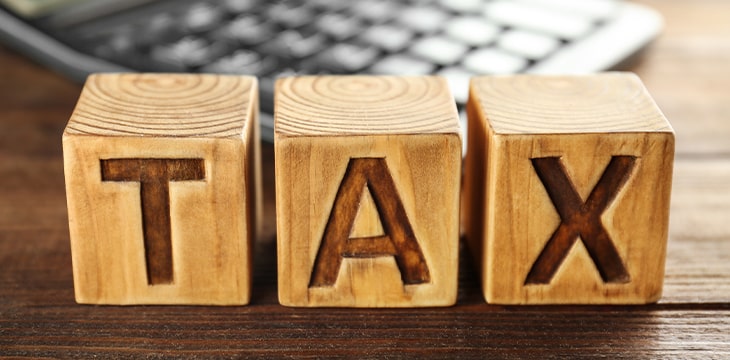
|
Getting your Trinity Audio player ready...
|
Indian digital currency traders may have to pay some extra tax for trading on overseas exchanges. According to tax experts in the Asian country, services from offshore platforms incur a 2% extra tax, and this could be applied even to digital currencies. This comes at a time when the entire industry is unsure about its future, with the government giving mixed signals over its next move.
In India, the government charges a 2% tax, known as the equalization levy, to online entities servicing Indians but which are based elsewhere. It was first introduced in 2016 and was initially targeting advertising and e-commerce companies. At the time, it was at a hefty 6% rate. In 2020, the government brought it down to 2% and limited it to the online sale of goods and/or services by an international-based company.
According to some Indian tax experts, digital currency traders might be expected to pay this tax. Girish Vanvari, the founder of Transaction Square, an Indian tax advisory firm, told The Economic Times that the government could apply the tax to the nascent industry in its current state.
“The way the new equalisation levy is worded and defined, it appears that it will also be applicable on cryptocurrency bought from an exchange not based in India,” he said. “The levy is on the selling price and companies may be required to add this to the cost of the crypto assets.”
India has still yet to formulate any regulations to police the digital currency industry. This could hinder the government’s ability to levy the tax. Amit Maheshwari, a tax consultant at AKM Global believes that the government would first need to establish laws to govern the industry before shifting its attention to the equalization levy, which is now popularly known as ‘Google Tax.’
Maheshwari said, “In the absence of any guidelines on the treatment of crypto assets, there is ambiguity in how these would be treated under the tax laws and FEMA (Foreign Exchange Management Act).”
Earlier this year, the Indian government proposed two new taxes targeting digital currency owners. The first is the sales tax on exchange fees for digital currency transactions which would stand at 18%. It also proposed a personal income tax liability on the gains made from the digital currency trades.
Watch: CoinGeek Zurich panel on The Future of Trading & Digital Assets
Recommended for you
Lorem ipsum odor amet, consectetuer adipiscing elit. Elit torquent maximus natoque viverra cursus maximus felis. Auctor commodo aliquet himenaeos fermentum
Lorem ipsum odor amet, consectetuer adipiscing elit. Accumsan mi at at semper libero pretium justo. Dictum parturient conubia turpis interdum

 11-15-2024
11-15-2024 


